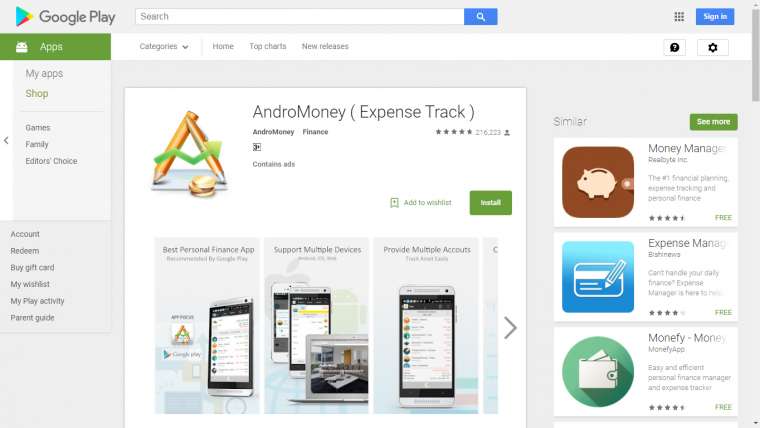
What is PAYE?
The PAYE or Pay As You Earn is a government system to pay tax and national insurance earned across the country. Employers are required to register for it before they start paying their staff and need to deduct the right amount of national insurance and tax from those wages. This will also include any pension contributions that are required.
‘Pay’ under the PAYE system can include sick pay, maternity or paternity payments and other forms of specialist pay. This allows employees to pay their tax and national insurance on a monthly basis rather than all at once as businesses have to do. Employers need to send information to HMRC on staff wages and deductions as well as providing a pay slip to their employees detailing all of this information.
Through the PAYE system, employees also receive a P60 form at the end of the year that tells them exactly how much tax and national insurance they have paid during the previous year.
How do I calculate PAYE?
There are lots of different ways that employers can work out PAYE and how much to take from their staff for national insurance and tax. One of the easiest is to use an expert service such as an accountant or a payroll specialist. You can also use online software to help manage your accounts.
There are also online calculators at HMRC’s website that can help you manually work out the figures by yourself.
It can be quite a complicated process, and you might want to get the employee’s tax code before you start (although there are instructions on how to work this out too). You can then take their annual salary and use this to work out how much tax they should pay along with their national insurance contributions. This can then be divided across their monthly or weekly payments to see how much needs to be deducted for both. Remember there are different tax rates that may apply depending on the total amount earned to consider as well.
See also our online accountancy service.
Do I have to register for PAYE?
Anyone who has staff that are paid more than £113 a week needs to register for PAYE to ensure staff are paying their correct amount of tax and national insurance each month. The system means you need to let HMRC know before each payday how much tax and NI each staff member will be paying then ensure that this amount gets paid and this is where the PAYE system comes in. There are two options for running PAYE – you can run it yourself with your own payroll software or you can have someone do it for you on your behalf, usually a payroll specialist.
Registering for PAYE can take up to 2 weeks and needs to be done in advance of the first payday, so make sure you leave enough time to do this.
What is considered a payment to an employee?
Any payment you make to an employee needs to be included in the PAYE system. This includes statutory sick pay (SSP) as well as parental pay such as maternity, paternity, adoption or shared parental pay.
You also need to include expenses and benefits that are paid either monthly or at the end of the year. Tips, bonuses and other payments made to staff either by the business or by customers need to be included as do cash prizes and inducement payments and anything that can be converted into cash such as Savings Certificates. Commission and holiday payment, as well as travel time payments, must also be recorded.
What deductions do I need to do in the payments to employees?
When you have employees, you need to see what deductions are required from employee wages in order to comply with tax and national insurance regulations. The amount to be deducted is worked out by the employee’s tax code and national insurance letter.
You may also need to deduct student loan repayments if the employee has had these. You also need to make deductions for pensions under the new government workplace pensions rules. Employees may decide to take part in Payroll Giving where they donate to charity and this should be recorded in the PAYE system. Lastly, any child maintenance payments that are taken directly from their wage can be done through PAYE.
I’m employing people for the first time. Do you have any tips on what to check before employing staff?
There are seven main things that HMRC recommend doing before you employ people for the first time. These are to protect you and the employees as well as ensure you cover your legal requirements.
1. Decide on their wage, ensuring that you are paying them at least National Minimum Wage
2. Make sure they have a legal right to work in the UK and conduct any other background checks you want to carry out
3. See if you are required to have a DBS check (formerly known as a CRB check) and get this put into place
4. Make sure you have employer’s liability insurance in place before you hire staff
5. Send written details of the terms and conditions of employment to the employee if you are employing them for more than one month
6. Register as an employer with HMRC for PAYE before the first payday
7. See if you have to enrol your staff into a workplace pension scheme under the new government rules

